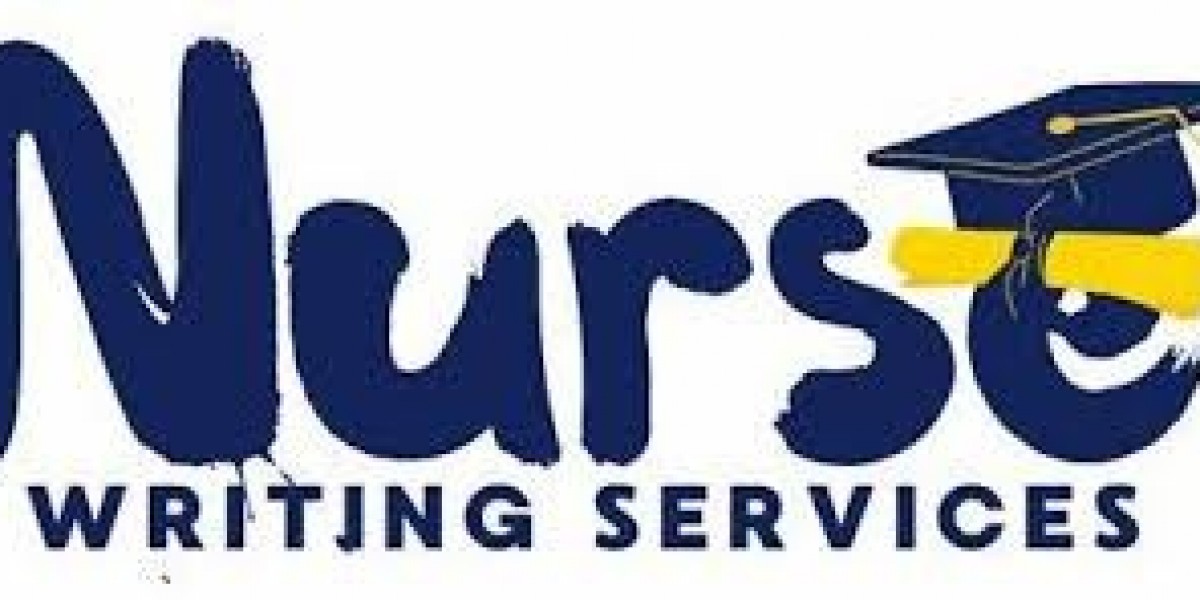The Evolving Role of Writing in Nursing Education
It has always been a crucial component of nursing education, serving as a tool for communication, critical thinking, and professional development. However, the role of writing has evolved significantly in recent years, becoming more central to the curriculum as nursing programs place greater emphasis on evidence-based practice and research.
Nursing students are now required to complete a wide range of writing assignments, including research papers, case studies, reflective journals, and care plans. These assignments are designed to assess students' understanding of complex concepts, their ability to apply theoretical knowledge to real-world situations, and their competence in communicating effectively in a professional context. As a result, writing has become not only a measure of academic success but also a key indicator of a student's readiness for professional practice.
Challenges in Academic Writing for Nursing Students
Despite its importance, academic writing remains a significant challenge for many nursing students. Several factors contribute to this, including the rigorous demands of nursing programs, the complexity of writing assignments, and a lack of familiarity with academic writing conventions.
One of the primary challenges is the time pressure faced by nursing students. Balancing clinical placements, coursework, and personal responsibilities can be overwhelming, leaving little time for the careful research, drafting, and revision that high-quality writing requires. The intensity of nursing programs means that students often have to manage multiple deadlines simultaneously, leading to stress and burnout.
In addition to time constraints, many nursing students struggle with the specific demands of academic writing. This includes understanding how to structure an argument, critically evaluate sources, and adhere to the formatting and citation guidelines required in academic work. For students who are more accustomed to the practical aspects of nursing, the transition to scholarly writing can be particularly challenging.
The Role of Professional Writing Help in Nursing Education
Professional writing help offers a practical solution to these challenges, providing nursing students with the support they need to succeed in their academic writing tasks. These services range from full writing assistance, such as drafting and editing papers, to more targeted support, such as tutoring and feedback on specific assignments.
One of the key benefits of professional writing help is the personalized support it provides. Every student has unique strengths and weaknesses when it comes to writing, and professional writing services can tailor their assistance to address the specific needs of each student. This might include help with understanding assignment requirements, improving grammar and syntax, or refining the structure and flow of a paper.
Moreover, professional writing help can alleviate some of the time pressures that nursing students face. By outsourcing certain aspects of the writing process, such as proofreading and formatting, students can focus more on the content of their assignments and less on the technical details. This can lead to more effective time management and reduce the stress associated with meeting tight deadlines.
Enhancing Academic Performance and Learning Outcomes
The impact of professional writing help on academic performance is significant. By improving the quality of their written work, students are more likely to achieve higher grades, which can boost their confidence and motivation. However, the benefits go beyond grades; professional writing help can also enhance the learning outcomes for nursing students.
Through the process of working with professional writers or tutors, students gain a deeper understanding of the material they are studying. Nursing writing services encourages students to think critically about their assignments, engage with the content on a deeper level, and develop a more sophisticated approach to academic writing. This not only improves the quality of their work but also fosters a greater understanding of the subject matter.
Additionally, the feedback provided by professional writing services can be an invaluable learning tool. Constructive criticism and suggestions for improvement help students to identify areas where they can improve and develop their writing skills over time. This iterative process of writing, receiving feedback, and revising is central to academic growth and the development of strong writing skills.
Building Confidence and Professional Skills
Beyond the immediate benefits of improved grades and reduced stress, professional writing help can also have a lasting impact on nursing students' confidence and professional skills. Writing is a critical component of nursing practice, whether it involves documenting patient care, writing reports, or contributing to research. The ability to write clearly and effectively is essential for success in the nursing profession.
By providing support with academic writing, professional writing services help students build the skills they need to communicate effectively in a professional context. This includes not only technical writing skills but also the ability to articulate complex ideas clearly and persuasively. As students become more confident in their writing abilities, they are better equipped to take on the writing challenges they will face in their professional careers.
Furthermore, professional writing help can contribute to the development of a professional identity. Nursing students who are able to produce high-quality academic work are more likely to see themselves as capable and competent professionals. This sense of confidence can translate into a stronger commitment to the nursing profession and a greater willingness to take on leadership roles within the healthcare field.
Addressing the Needs of Diverse Student Populations
Nursing programs attract a diverse range of students, including those from different cultural, linguistic, and educational backgrounds. Professional writing help can be particularly beneficial for these students, providing the support they need to overcome the unique challenges they face.
International students, for example, may struggle with language barriers and unfamiliarity with the conventions of academic writing in English. Professional writing services can offer language support and guidance on academic writing norms, helping these students to succeed in their studies.
Similarly, mature students or those returning to education after a break may need additional support to develop their writing skills and adjust to the demands of academic study. Professional writing help can provide the tailored assistance these students need to build on their existing knowledge and succeed in their academic endeavors.
Ethical Considerations and Best Practices
While professional writing help offers many benefits, it is important to approach it with ethical considerations in mind. The purpose of these services should be to support students' learning and development, not to complete assignments on their behalf. To this end, professional writing help should focus on providing guidance, feedback, and support that helps students to develop their own writing skills and produce their own work.
Students should be encouraged to use professional writing help as a learning tool rather than a shortcut. By engaging actively with the process and taking the opportunity to learn from the feedback and guidance they receive, students can develop their writing skills and improve their academic performance in a meaningful and sustainable way.
Conclusion:
In the fast-paced and demanding world of nursing education, professional writing help serves as a vital resource for students striving to meet the high standards expected of them. By offering personalized support, enhancing academic performance, and building confidence and professional skills, these services play a transformative role in nursing education.
The impact of professional writing help extends beyond the classroom, contributing to the development of skilled and confident nursing professionals who are well-prepared to succeed in their careers. As nursing education continues to evolve, the role of professional writing help will undoubtedly become even more important, helping to ensure that nursing students are equipped with the skills they need to thrive in an increasingly complex healthcare landscape.







